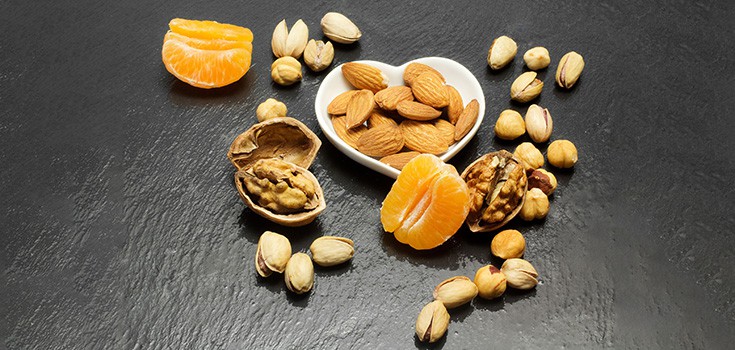Magnesium is a Powerful Natural Anti-Inflammatory Mineral

A study involving more than 3,700 postmenopausal women looked at the effects of dietary magnesium and found something quite promising: that the mineral can have a dramatic impact on inflammation throughout the body.
As the trigger to many chronic diseases including cardiovascular disease, inflammation is often only directly combated when people feel it’s effects. But, with this new research, we learn that we can reduce inflammation throughout the body without drugs and without waiting for the effects to send us to a medical doctor.
The study found inflammatory indicators in the body such as CRP (C-reactive protein), TNF (tumor necrosis factor alpha), and IL6 (interleukin 6) were all reduced when magnesium intake was increased. Inflammation in the arterial walls was also reduced with magnesium intake.
Inflammation in the walls of the arteries can lead to cardiovascular disease. Inflammation throughout the body can lead to a host of additional diseases including the obvious inflammatory ones like arthritis, but could also be the cause of things like Alzheimer’s. Many natural health experts subscribe to the belief that inflammation is actually at the heart of all disease.
While the study provides good news in the fight against inflammation, we cannot reap the benefits of magnesium without consuming the mineral. And the modern diet is replete of it.
When you consume a steady diet of processed foods, you aren’t getting much of anything in the way of nutritional value; and this includes magnesium. But, rather than running out to get a magnesium supplement to take with your value meal tonight, try including some magnesium–rich foods in your diet. These foods include:
- Dried herbs including coriander, mint, dill, chives, sage, and basil
- Dark chocolate
- Pumpkin seeds
- Flax seeds
- Brazil nuts
- Sunflower seeds
- Almonds
- Cashews
- Molasses
These magnesium-rich foods would make a great homemade trail mix and can help you fight chronic disease while you nosh.
Additional Sources:

Can someone provide a list of some good PRE-biotic sources for all ages? The internet seems to have little information to offer on this subject, except breastmilk, which would only be helpful to a baby. I want to know other sources and seem unable to locate much in this regard. Thanks for any information.
What kind of Mag? Oxide? Stearate? Citrate? Or does it not matter.?
Thanks for the article.
Citrate is one the best because it is the most bioavailable of those four.